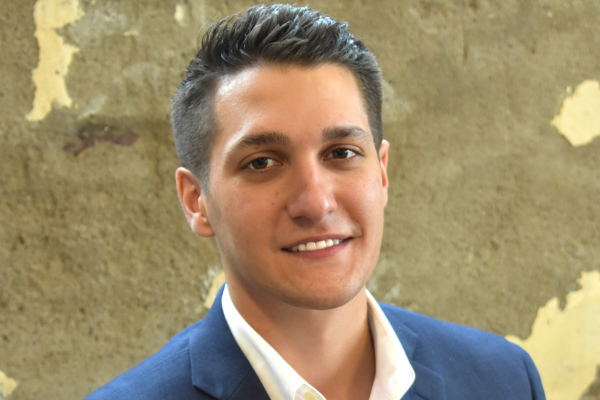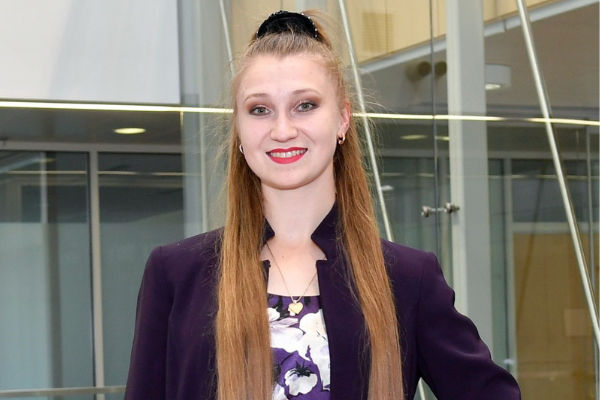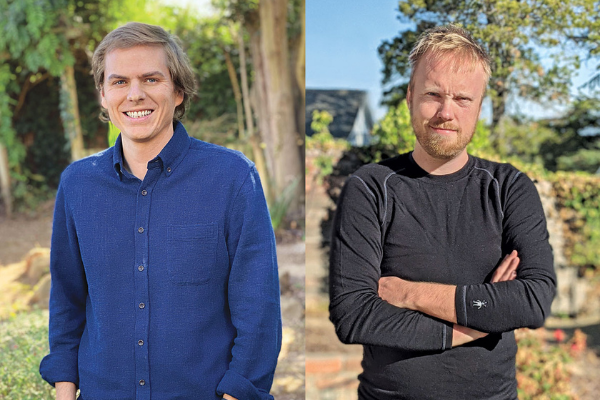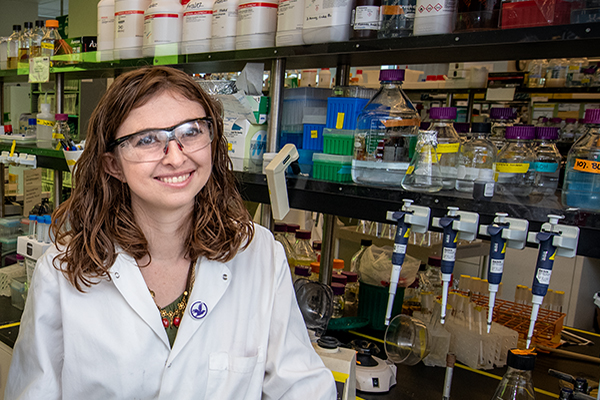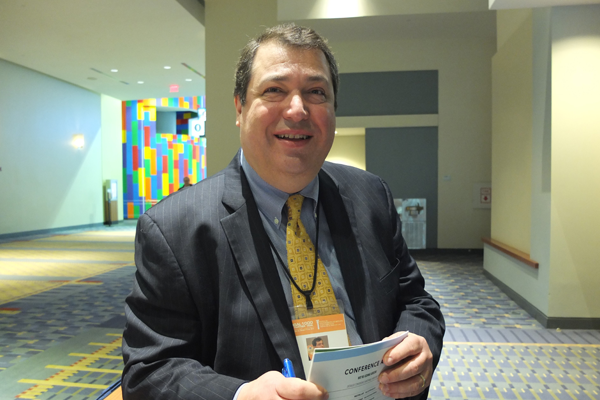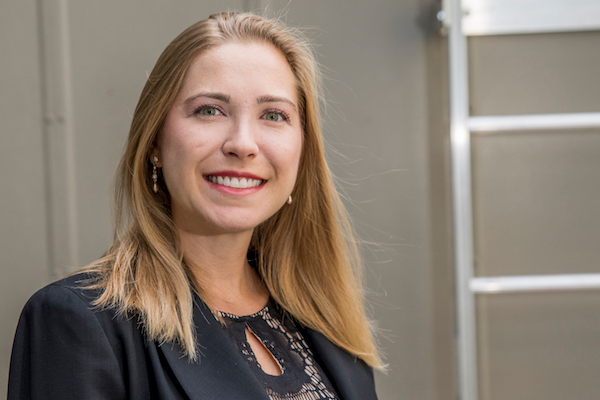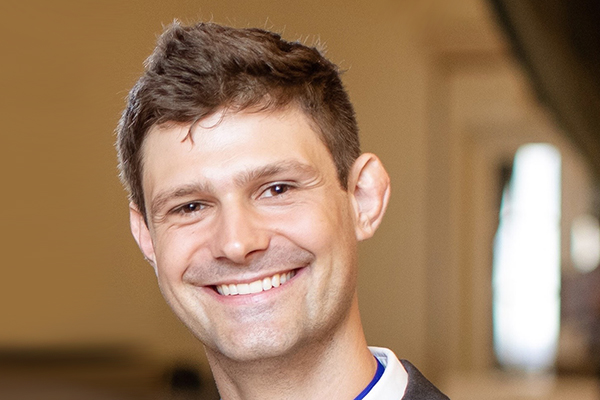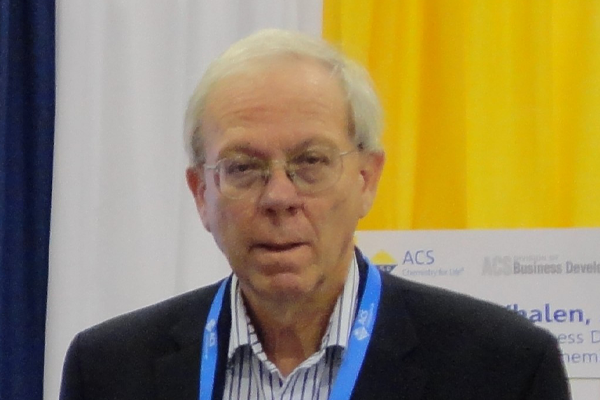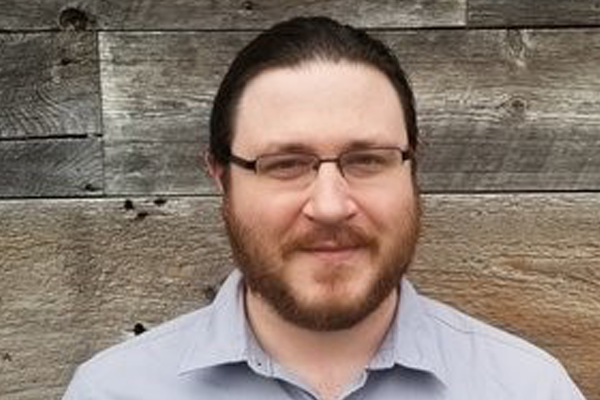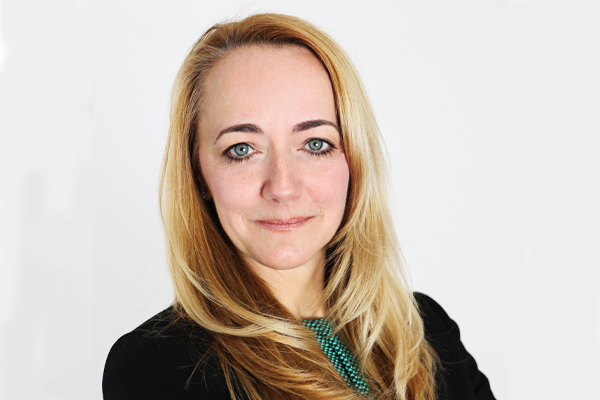
How did you get your start in entrepreneurship? Do you think it would look different for young entrepreneurs today compared to when you first started?
My first company was Student Storage Solutions, a moving and storage company that served our fellow students at the University of Virginia. We worked hard, had fun and grew the business into a profitable seasonal operation that left me with “the bug” to stay in startups. The allure of putting all the pieces together and reaping the reward is still a motivating force.
Compared to when we started, entrepreneurs today have significantly more resources and organizations missioned to help startups. Although very helpful, I would still counsel young entrepreneurs to focus on experiences and don’t get lost in hyping ideas or planning for success. We are surrounded in knowledge, but experience illuminates shortcomings in your character that are vital to a successful and sustainable career in entrepreneurship. Core skills such as leadership and accountability are, in my opinion, best learned in action outside of a book.
What product are you most proud of that you’ve developed?
Chicory flour is a really innovative product that checks so many feel-good boxes. The crop, chicory root, is a value-added alternative for sugar beet growers to improve on-farm profits. Transformed into flour, the food ingredient provides a whole-food, high fiber benefit to consumers. And when consumed, the fiber improves the composition and function of the gut microbiome. The result was a compelling through-line in which sugar beet growers can participate in an economy focused on promoting human health and well-being.
What problem would you most like to solve with an innovation that hasn’t been solved yet?
Agriculture is an enormous biosystem transforming terawatts of solar power into essential goods such as food, clothing and fuel. How can we modify this biosystem to generate more value for growers, communities and the earth? My current position with Soil Metrics* offers an opportunity to build value for growers through the sequestration of soil carbon to fight climate change.
Building a soil carbon economy will enable farmers to profit from sequestering greenhouse gases in their soil and incentivize them to adopt conservation practices leading to even more sequestration. New technologies such as deep-rooted crops, soil microbes and specialty fertilizers will compound this value for farmers. The outcome is a healthier planet, a new source of revenue for farmers and a new market for products to advance the soil carbon economy.
How did you end up in the bio/agriscience field and making products in that industry?
I wanted to make chicory flour and to accomplish this in North America meant building everything from the grower network to the extruded crisp formulation. I found some chicory root experts in the Nebraska Panhandle and we were off and running. My entrepreneurial disposition is to “get it done” and so I jumped in. I really enjoyed the farmers, agronomists and other folks that I worked with to develop the business in a rural community, so there was a good fit.
What’s your favorite part of your entrepreneurship—the research or commercialization?
Commercialization is closer to the market! I spent the early part of my career with one foot in the lab and the other in product development. In my experience, the commercialization path gives one more exposure to stakeholders from diverse industries, geographies and backgrounds. There’s an opportunity to expand your knowledge and experiences, which appeals to me. Also, I prefer the challenge of building an engaging story that attracts and inspires key stakeholders to participate in a risky, early-stage technology. How do we tell a unified story with unique appeal to every member of the value chain?
Any advice to aspiring entrepreneurs?
I would offer three pieces of advice to aspiring entrepreneurs. First, start something now even if that is moving furniture. Get experience in operating a small business. Don’t let high minded aspirations slow you down. Second, don’t go into entrepreneurship alone. The “I alone” syndrome is a leading cause of death among startups. Ask for help where or when you are struggling. Finally, remember that you are doing a very hard thing. Technology startups in particular are an artful science that transforms ideas and concepts into products and services. Be kind to yourself. Success and failure are only steps in your journey.
What do you do in your free time (if you have any?)
Most of my available free time is spent with my family and friends here in beautiful Fort Collins, Colorado. My wife and I have two young boys that enjoy camping and hiking in the Rocky Mountains. I also enjoy road biking in the area and taking advantage of the many world-class breweries here in Fort Collins.
*At the time of this interview, Brad was CEO at Soil Metrics
The opinions expressed in this article are the author's own and do not necessarily reflect the view of their employer or the American Chemical Society.
This article has been edited for length and clarity. The opinions expressed in this article are the author's own and do not necessarily reflect the view of their employer or the American Chemical Society.
Copyright 2020 American Chemical Society (All Rights Reserved)


